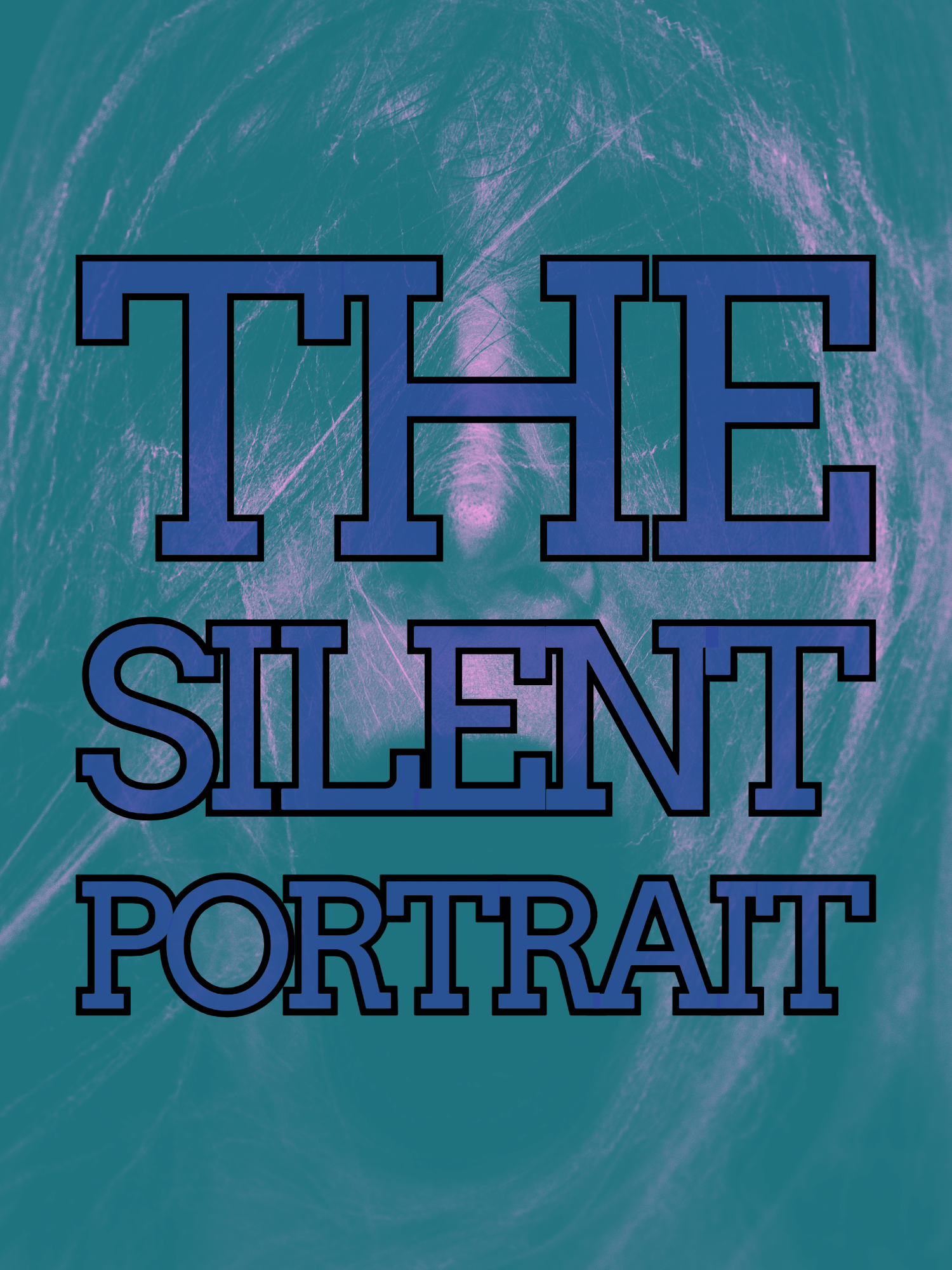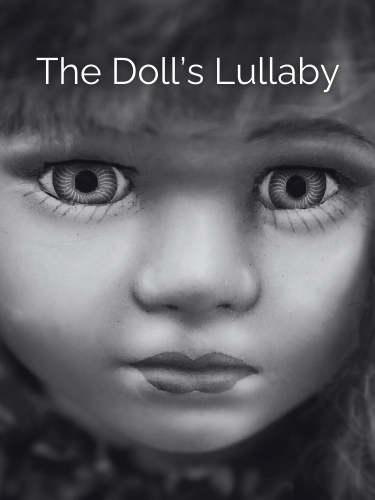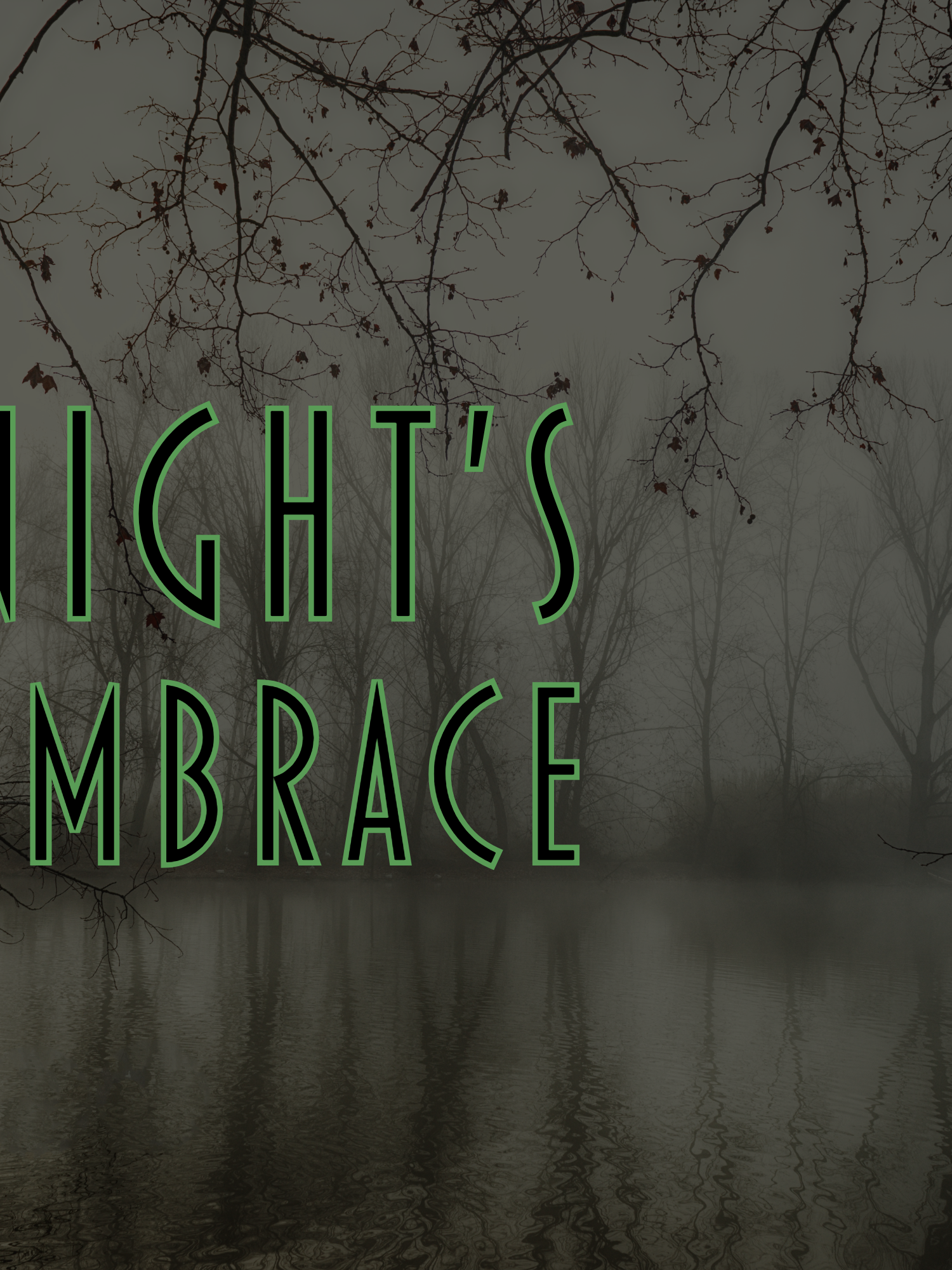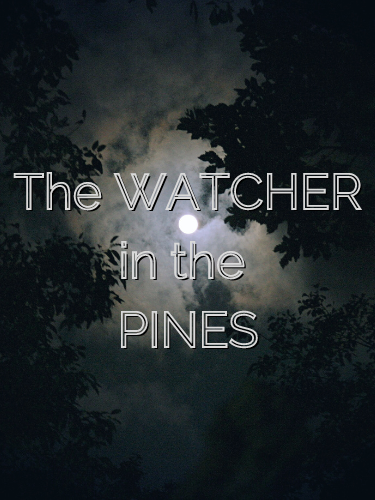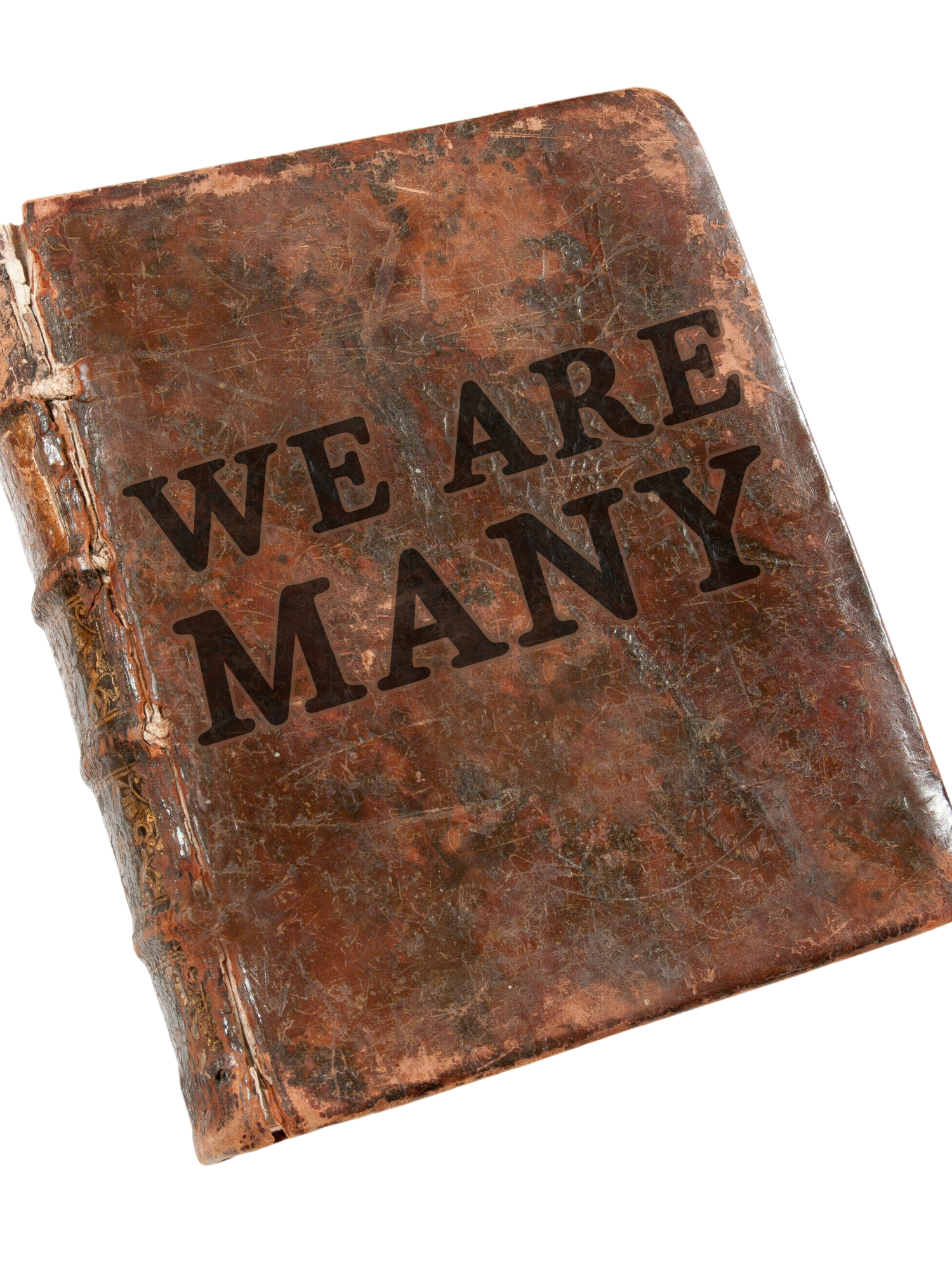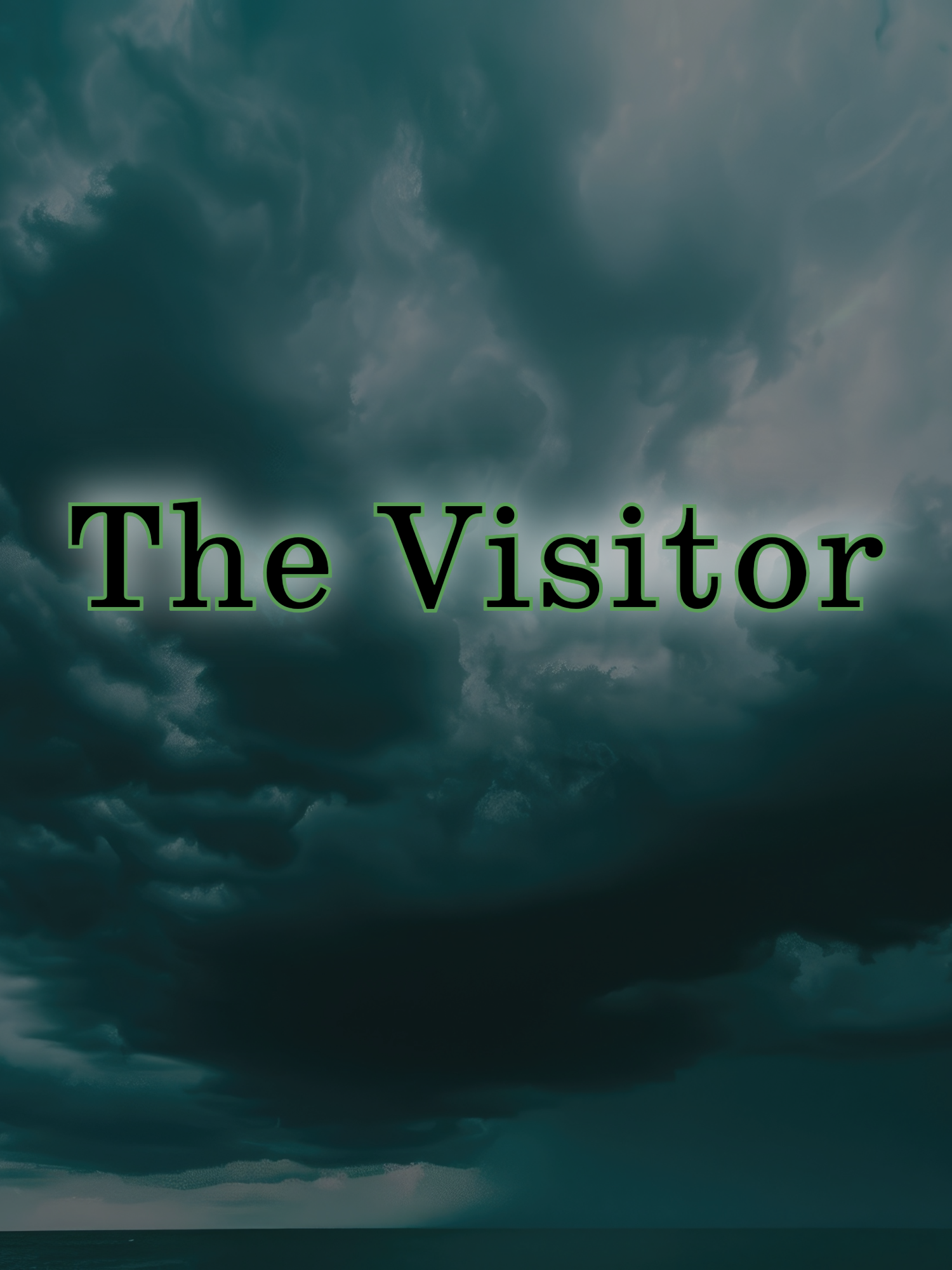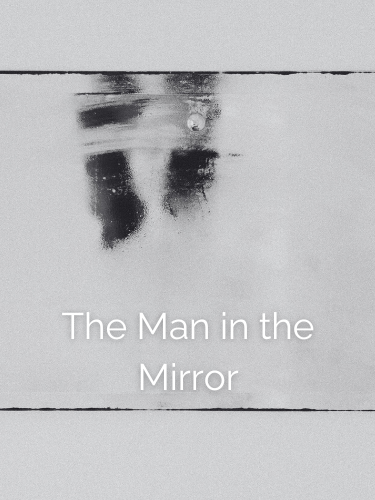My name is Amelia Brooks, and if you’re reading this, I need you to understand that I’m not insane. I know what I’ve seen, what I’ve heard. It’s real, even if no one else believes me. It’s real, and it’s coming for me. And if you’re not careful, it’ll come for you too.
It all began when I arrived in Briar Glen, a small town nestled deep in the hills, surrounded by dense forests that seemed to stretch on forever. I was a conductor—one of the best, or at least I used to be. But after the breakdown during that performance, the whispers started. They said I’d lost it, that I wasn’t fit to lead an orchestra anymore. So, I left the city, hoping to find some peace, some inspiration in the solitude of the countryside.
Briar Glen was perfect. It was quiet, isolated, and famous for its music festival—a place where I could start fresh, where no one knew my name or my past. I rented a small cottage on the outskirts of town, close to the woods. The locals were polite, but distant, as if they knew something I didn’t. But I didn’t care. I was there to work, to compose, to find myself again.
But from the moment I set foot in that cottage, I knew something was wrong.
The first thing I noticed was the silence. It was unnatural, oppressive. There were no birds, no rustling leaves, no sounds of life. Just silence. At first, I thought it was just the isolation getting to me, but as the days passed, the silence became more than just an absence of sound. It became a presence, something that pressed down on me, that followed me wherever I went.
And then, there was the music box.
I found it tucked away in the attic, an old, weathered thing covered in dust. It was beautifully crafted, with intricate carvings of symbols I didn’t recognize. Inside, instead of the usual mechanism, I found ancient sheet music, yellowed with age and almost unreadable. The title was in a language I didn’t know, but it translated roughly to “The Symphony of Silence.”
The notes were strange, almost alien, and as I tried to decipher them, I felt an inexplicable pull, a compulsion to play. That night, I sat at the piano and attempted the first few notes. But as my fingers pressed the keys, no sound came out. The piano was in perfect condition, but it was as if the music refused to be heard. Frustrated, I stopped, but that’s when I heard it—a faint, distant melody, coming from the woods.
I should have left right then. I should have packed my things and gone back to the city. But I didn’t. I was too intrigued, too obsessed. Every night, the melody grew louder, more insistent, echoing through the silence like a call I couldn’t ignore. It was beautiful, haunting, and it filled me with a mix of dread and awe. I began to lose sleep, spending hours trying to decipher the sheet music, playing the notes that refused to be heard.
One evening, I met Elias, an old violin maker who lived in town. He was blind, but there was something about him, something that told me he knew more than he let on. When I mentioned the music, the melody in the woods, his face paled. He told me to leave it alone, that some sounds were never meant to be heard. He spoke of an old legend, of a ritual known as “The Calling,” where musicians from the town had tried to connect with something beyond our world, something divine. But it had gone horribly wrong.
He warned me that the music was a curse, that it was not meant for human ears. But I couldn’t stop. I was already too far gone.
The nightmares started soon after. I dreamed of people, their faces blank and expressionless, walking silently into the forest, following a conductor I could never see. They were entranced, moving to a rhythm I couldn’t hear, their eyes empty, as if their souls had been stripped away. In the waking hours, I saw shadows among the trees, glimpses of figures standing still, watching me.
I couldn’t escape the music. It followed me everywhere, growing louder, more complex, more beautiful. And the more I played, the more I felt it inside me, taking over, drowning out everything else. I was losing myself, piece by piece.
Desperate, I began digging into the town’s history, searching for answers. I discovered that the annual music festival wasn’t just a celebration. It was a reenactment, an attempt to finish the symphony that had doomed the original orchestra. Every year, musicians disappeared, and the town carried on as if nothing had happened. The townspeople believed that these sacrifices were necessary, that they kept the rest of them safe. Elias had been one of them, a participant in the festival decades ago. He told me how he had lost his sight after hearing the first movement of the symphony—how it had taken away his ability to see the world as it was, leaving him in darkness.
I was next. The music had chosen me.
One night, the melody became unbearable, a cacophony that pounded in my skull, driving me out of the cottage and into the woods. I followed the sound, drawn to a clearing deep in the forest. There, in the moonlight, I saw them—ancient, decaying instruments arranged in a circle, as if waiting for a performance that had been paused for centuries. The air was thick with anticipation, and the silence was deafening.
I saw them then—the apparitions, the ghosts of the musicians who had tried to play the symphony so long ago. They took their places with solemn reverence, and in the center of the circle stood the conductor, faceless, shrouded in darkness. He raised his baton, and the performance began.
But no sound came. Only a vibration, a pulse that shook the earth, that resonated within me. It was as if the music was beyond hearing, a force that transcended sound, something that only the soul could perceive.
I realized then that I was meant to join them, to become part of this eternal orchestra, to complete the symphony and bring forth whatever lay on the other side of it. But I couldn’t do it. I couldn’t let that happen.
In a final act of defiance, I tore the sheet music apart, ripped the pages into shreds. The clearing erupted into chaos. The apparitions screamed in silence, the ground trembled, and the faceless conductor fractured, his form dissolving into the air. The oppressive silence shattered, replaced by the sounds of the forest, of life returning.
When I woke the next morning, the sun was shining, and the birds were singing. The town was different—alive, vibrant. The curse had been broken, the music silenced. Elias regained his sight, tears streaming down his face as he thanked me for what I had done. For the first time in years, Briar Glen was free.
But I know it’s not over. As I left the forest, I saw something—a fragment of the sheet music, slowly reforming among the leaves. The music isn’t gone. It never will be.
Somewhere out there, it’s waiting for someone else to find it. Waiting to be played.
And when that happens, I pray that they have the strength to silence it, once and for all.
